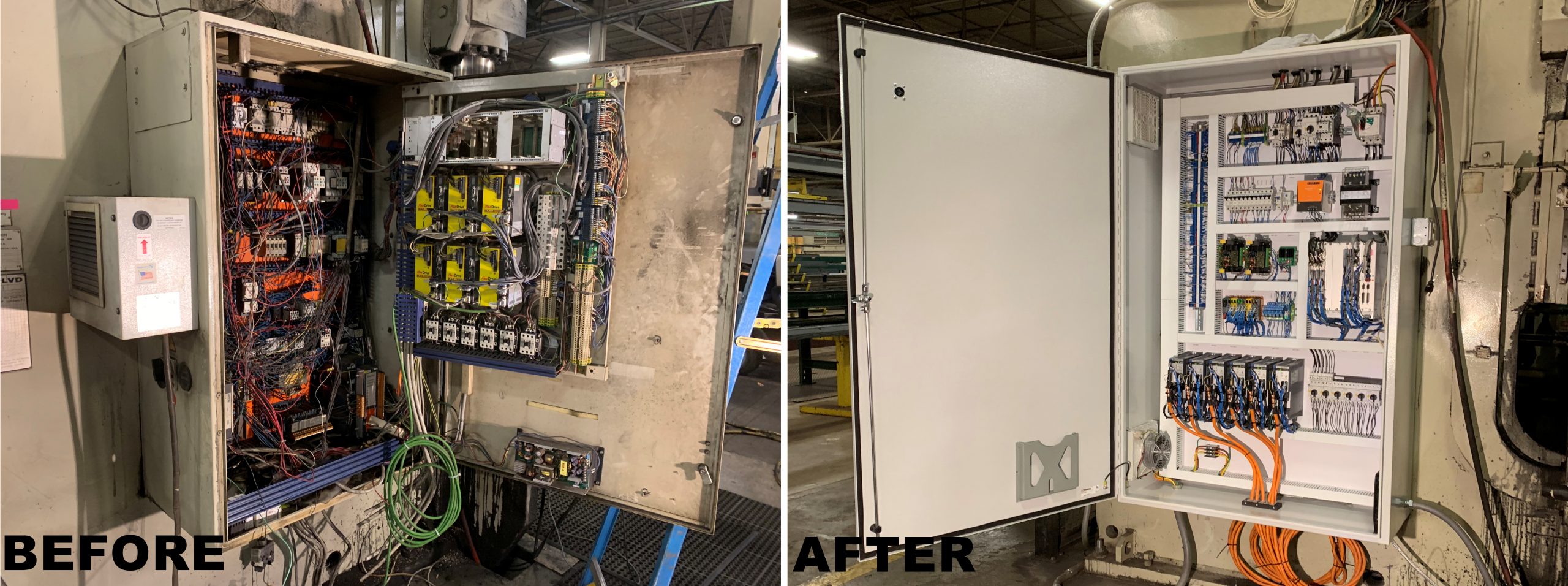
Panel Retrofitting
Panel Retrofitting is one of the most effective ways to upgrade existing electrical panels and switchgear without the high cost of total replacement. In today’s industrial and commercial environments, reliability and safety are non-negotiable. Electrical panels are at the core of every power distribution system, but many facilities still operate with outdated equipment that increases the risk of faults, downtime, and non-compliance with modern safety standards.
Instead of replacing entire panels, retrofitting allows businesses to extend the lifespan of their existing infrastructure by integrating advanced circuit breakers, protective relays, metering devices, and automation technology. At Automation Ghana, we provide solutions that improve safety, enhance performance, and reduce operational costs across industries such as mining, oil and gas, manufacturing, and power utilities.
Here are the five powerful benefits for your electrical systems.
✅ Enhanced Electrical Safety
Safety is the top priority in any power system. Over time, electrical panels can deteriorate, and outdated protection devices may no longer respond effectively to faults or overloads. Panel retrofitting replaces old components with modern, high-performance breakers and relays that ensure faster fault detection and response.
With advanced protective devices, arc-flash risks are reduced, operator safety is improved, and your facility is kept compliant with international safety standards such as IEC and ISO. By upgrading instead of replacing, you safeguard your workforce and critical assets without major disruptions.
✅ Extended Equipment Lifespan
One of the greatest advantages is that it extends the usable life of existing electrical infrastructure. Instead of discarding a functional panel, retrofitting breathes new life into it by replacing only outdated or weak components.
This approach significantly reduces capital expenditure compared to full replacement while still providing the performance of a modern system. Facilities can achieve 15–20 more years of reliable operation from retrofitted panels, making it a highly cost-effective choice.
✅ Improved Efficiency and Smart Monitoring
Modern retrofitting solutions go beyond safety by introducing smart technology for monitoring and control. With digital metering, IoT-enabled sensors, and remote monitoring systems, operators gain real-time visibility into energy usage, load distribution, and system health.
This improved monitoring helps in reducing energy waste, optimizing load management, and preventing unexpected downtime. In industries where every second of uptime counts, smarter power systems translate into higher productivity and reduced operational costs.
✅ Reduced Downtime and Maintenance Costs
Replacing entire panels often requires extended shutdowns, which can severely impact productivity. Panel retrofitting minimizes downtime because upgrades can be carried out in phases, allowing operations to continue with minimal disruption.
Additionally, new protective devices and monitoring systems reduce the frequency of failures and unscheduled repairs. This means lower maintenance costs, fewer emergency interventions, and better allocation of resources. Businesses benefit from predictable maintenance schedules and increased operational continuity.
✅ 5. Cost-Effective Alternative to Panel Replacement
Perhaps the most compelling reason to retrofit is cost savings. Panel retrofitting is far less expensive than purchasing and installing brand-new electrical panels, yet it delivers nearly the same level of reliability and functionality.
Organizations save on equipment costs, installation expenses, and downtime-related losses. With rising energy demands and tighter budgets, retrofitting is a smart investment that balances performance with affordability.
🌍 Industries That Benefit from Panel Retrofitting
Automation Ghana provides retrofitting solutions trusted across multiple sectors, including:
Mining and Heavy Industry
Oil & Gas Facilities
Manufacturing Plants
Power Utilities
Commercial and Institutional Buildings
Partner With Automation Ghana for Smarter Power Systems
At Automation Ghana, we specialize in panel retrofitting solutions that upgrade your existing infrastructure with minimal downtime and maximum impact. Whether you need circuit breaker replacements, relay upgrades, or smart monitoring integration, our expert engineers deliver safe, reliable, and future-ready systems.
Explore Other Solutions
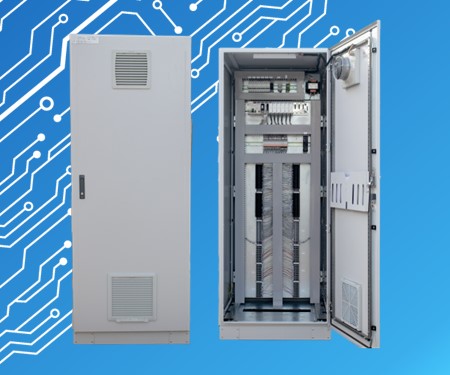
Programmable Logic Control (PLC) Panels
Automate and optimize your industrial processes with ESL’s Programmable Logic Control (PLC) Panels. These customizable panels provide precise control and integration with SCADA and HMI systems, making them essential for modern industrial automation.
Learn More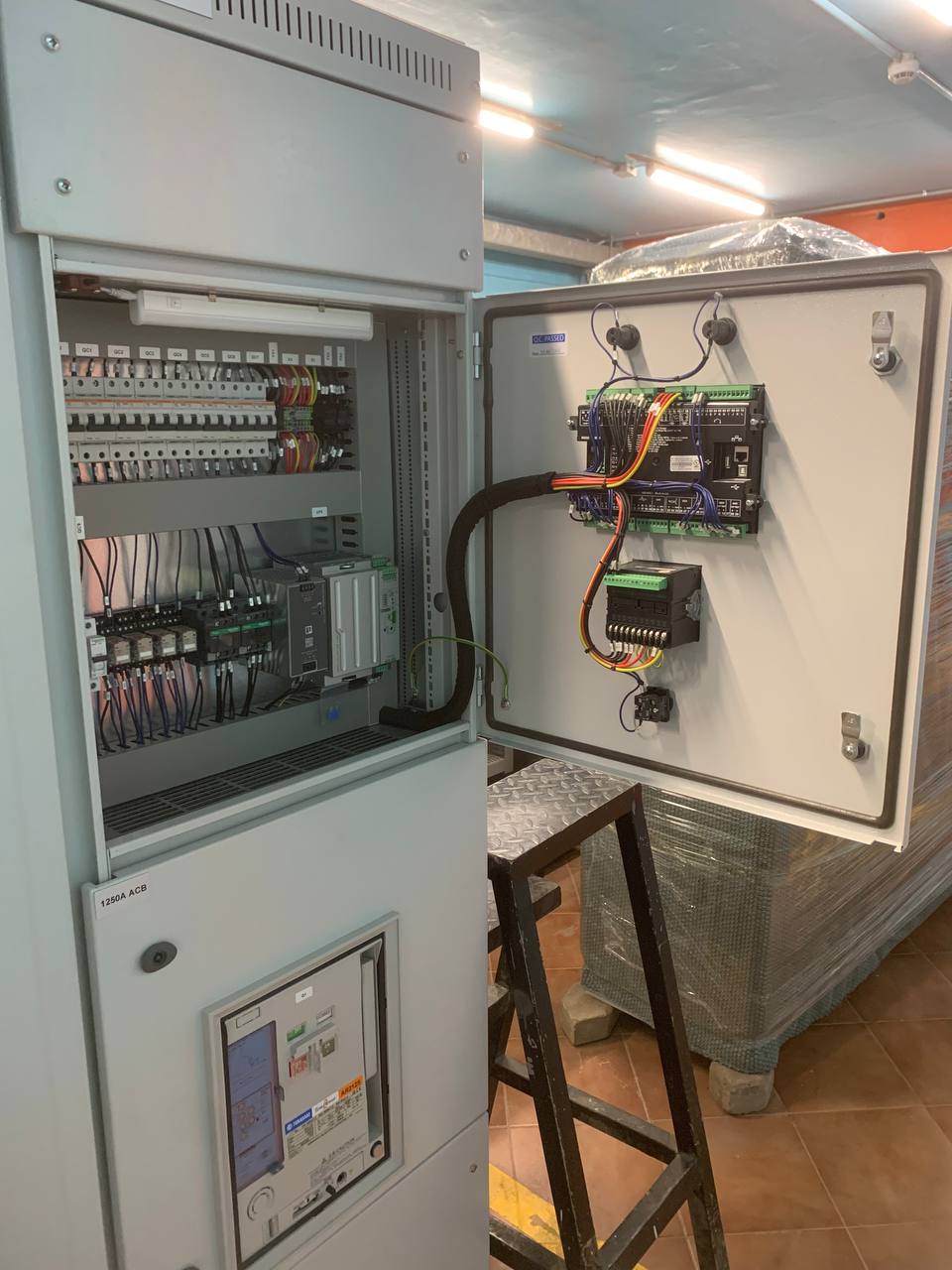
Synchronization Panels
Achieve seamless power management with ESL’s Synchronization Panels. These panels synchronize multiple power sources, ensuring a stable and reliable power supply, even in critical environments like hospitals and data centers.
Learn More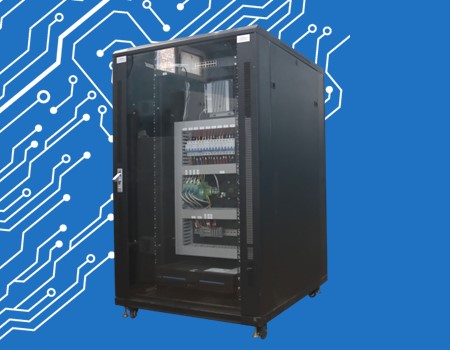
Building Management System (BMS) Panels
Centralize control of your building’s systems with ESL’s Building Management System (BMS) Panels. These panels integrate HVAC, lighting, and security, etc. into a single interface, optimizing energy usage and improving operational efficiency.
Learn More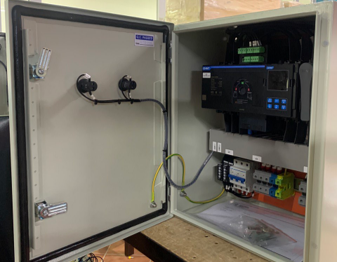
Phase Correction Panels
Maintain electrical stability with ESL’s Phase Correction Panels. These panels ensure the correct phase sequence, preventing costly equipment damage and ensuring smooth operations in three-phase power systems.
Learn More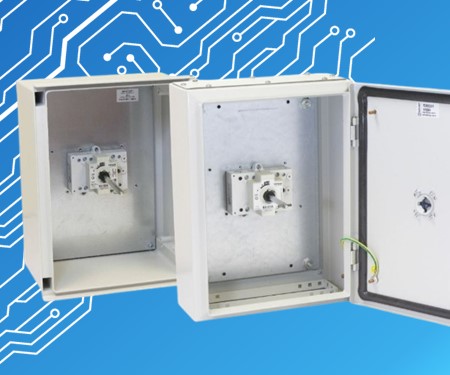
Isolator/Switch Disconnector Panels
Ensure safe and efficient maintenance with ESL’s Isolator/Switch Disconnector Panels. These panels provide complete circuit isolation, protecting both personnel and equipment during maintenance and repairs.
Learn More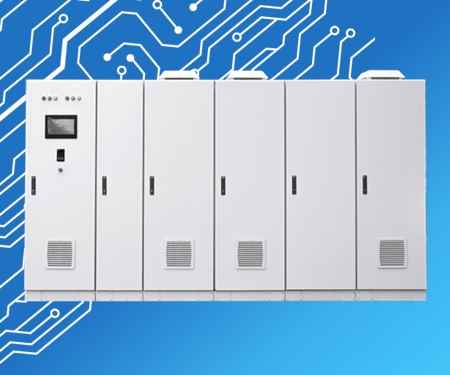
Smart Metering Panels
Gain control over your energy consumption with ESL’s Smart Metering Panels. These panels provide real-time monitoring, automated switching, and detailed energy analysis, making them indispensable for optimizing energy usage and reducing costs.
Learn More